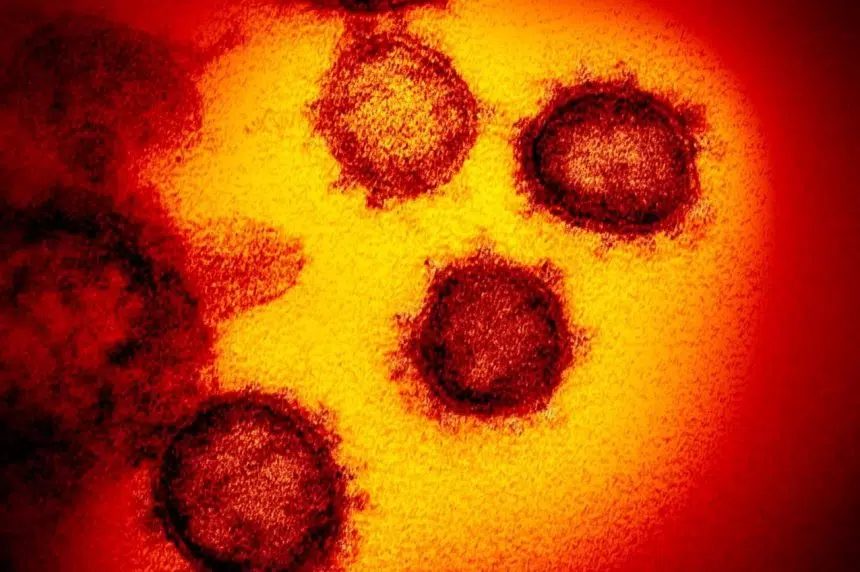Jason Tetro likes the way Canada is attacking COVID-19.
The Edmonton-based microbiologist told Gornley this country’s actions to date have been designed to avoid the problems the coronavirus already has caused in countries like Iran, Italy, South Korea and China and likely will cause in other nations.
“We are doing the best that we can and, quite honestly, I think we’re probably the best in the world,” Tetro said. “We’re going to be able to continue testing, we’re going to be able to continue helping people who are infected and most likely, thanks to these measures that we’re doing, we’re going to be able to reduce the chance of this virus from spreading much like we’ve seen in these other places.”
On Friday, Saskatchewan announced a number of measures after revealing a second presumptive case of the virus had been recorded.
Organizations across Canada already had acted, pulling the plug on things like hockey seasons, awards shows, concerts and day-to-day events.
The goal is to limit the spread of the disease. If it does spread, though, the hope is that it will do so over an extended period of time so that the health-care system isn’t overwhelmed in a shorter time frame.
In China, for example, COVID-19 was rampant after the initial diagnosis but it appears to have run its course over two months.
“We may be able to lengthen that curve out to maybe three months, and then perhaps we’ll be able to start reopening facilities (and) letting people play their games again,” Tetro said. “We went from no gatherings of 5,000 to no gatherings of 1,000 to no gatherings of 250 to no gatherings of 100.
“(Because of Canada’s approach) we’ll be able to go backwards. Maybe gatherings of 100 will be fine and then maybe gatherings of 1,000 will be fine and eventually we’ll be back to the point where something like the world curling or world (figure) skating championships can finally happen and we won’t have to worry about this virus.”
That said, Tetro is well aware the number of COVID-19 infections in Canada will grow far beyond its current level.
He noted it spreads like the common cold, which makes it extremely difficult to contain. As well, in other countries, COVID-19 already has shown that those with weaker immune systems or pre-existing medical conditions are most at risk.
Asked why there haven’t been many cases of children infected in Canada so far, Tetro explained that it’s all about the blood vessels.
“In children, that system is really strong and the virus doesn’t do anything to it,” he said. “But as you get older, that system starts to weaken … When you get to 75 or 80 or beyond, you’re actually so weak in comparison to a child that you are probably going to have a more serious infection from this virus than a child.”
The Government of Saskatchewan said Friday that it wouldn’t be closing schools yet because there isn’t any evidence of community transmission. Tetro agreed with that, saying people “who are coughing and sputtering and sneezing around you probably have something other than COVID.”
“Would you want to be stopping any kind of local events in order to be worried about a virus that’s not there? Of course not,” he continued. “However, if you do start to see cases like they’ve seen in British Columbia and also in Ontario where you’re not sure where it came from, that’s when you might be thinking of maybe doing these more drastic actions.”
In reality, though, Tetro believes Canada will handle the virus better than other countries have or will.
“It’s not going to be forever,”” he said. “We don’t know if it’s going to be two weeks, three weeks, one month or whatever. But what we do know is that when we come to the end of this, we’ll be much better informed, we’ll be much better prepared and hopefully you may never have to see this happen again.”







